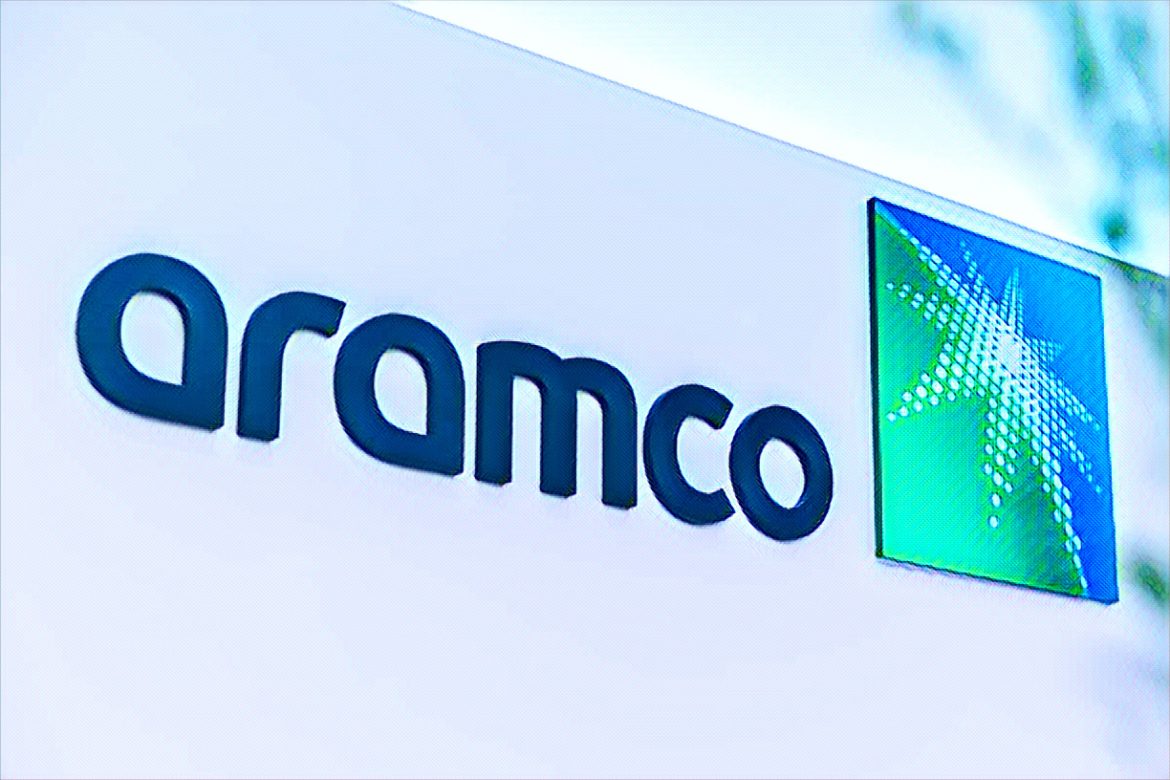Saudi Arabia is getting ready to start a secondary offering of shares in its major oil company, Aramco, possibly this Sunday. It is projected that the offering will raise more than $10 billion, making it one of the biggest transactions of its kind in recent memory. This big step coincides with the oil industry’s strategic changes and varying oil prices.
The world’s most valuable oil business, Aramco, intends to use a book-building procedure to collect orders through next Thursday, according to sources with information regarding the subject. These individuals, who wished to remain anonymous, said that investors from the Middle East and Europe have already expressed informal interest in the sale, amounting to over $10 billion. It is anticipated that the shares would be sold at a discount of up to 10% to the current trading price, depending on investor demand—a strategy consistent with previous secondary sales like those of Saudi Telecom Co. and Tadawul Group Holding.
The timing of the share offering coincides with an OPEC+ meeting also scheduled for Sunday, where the group is expected to discuss oil output policies. Most market-watchers predict that OPEC+ will continue to maintain supply curbs, keeping Saudi production near its lowest level in three years. This strategic alignment highlights the ongoing efforts to manage oil supply in a way that supports prices amid broader economic challenges.
Saudi Arabia has enlisted top-tier banks such as Citigroup Inc., Goldman Sachs Group Inc., and HSBC Holdings Plc to manage the offering. Local firms, including Saudi National Bank, are also expected to play significant roles, and Moelis & Co. has been advising on the selection of underwriters. This secondary offering follows Aramco’s initial public offering in 2019, which raised approximately $30 billion—the largest IPO in history. The same Wall Street banks that facilitated Aramco’s IPO are likely to be involved again, although fees for Middle Eastern deals are typically lower than in other markets.
Crown Prince Mohammed bin Salman’s aggressive plan for economic reform in Saudi Arabia will be financed partly by the revenues from the share sale. This multitrillion-dollar plan calls for diversifying Saudi Arabia’s economy away from its reliance on oil and toward industries like sports, tourism, artificial intelligence, and big projects like the $1.5 trillion construction of Neom, a cross-border city that is planned for the Tabuk Province in northwest Saudi Arabia.
The context of this offering is crucial as it comes at a time when global oil prices are below what the Saudi government requires to balance its budget. According to the International Monetary Fund, the government needs oil prices to be near $100 a barrel to finance its extensive spending plans. However, current forecasts suggest that Brent crude oil prices, which are presently around $85, might drop to as low as $75 by 2026.
Despite these financial pressures, Saudi Arabia’s role as the de facto leader of OPEC+ involves managing production to boost oil prices. This has included directives to Aramco to pause further expansion of its production capabilities. These factors, along with global shifts towards renewable energy and the ongoing debates about the future of fossil fuels, raise significant questions about investor interest in such a large-scale oil-related investment.
The secondary offering also arrives during a resurgence in the Saudi market for new share sales. Recent weeks have seen investors commit a combined $176 billion in orders for four different deals—surpassing the interest in Aramco’s 2019 IPO. This surge in market activity has placed pressure on the kingdom’s stock market, with the Tadawul All Share Index underperforming compared to its emerging-market peers and declining almost 8% from its March peak.



